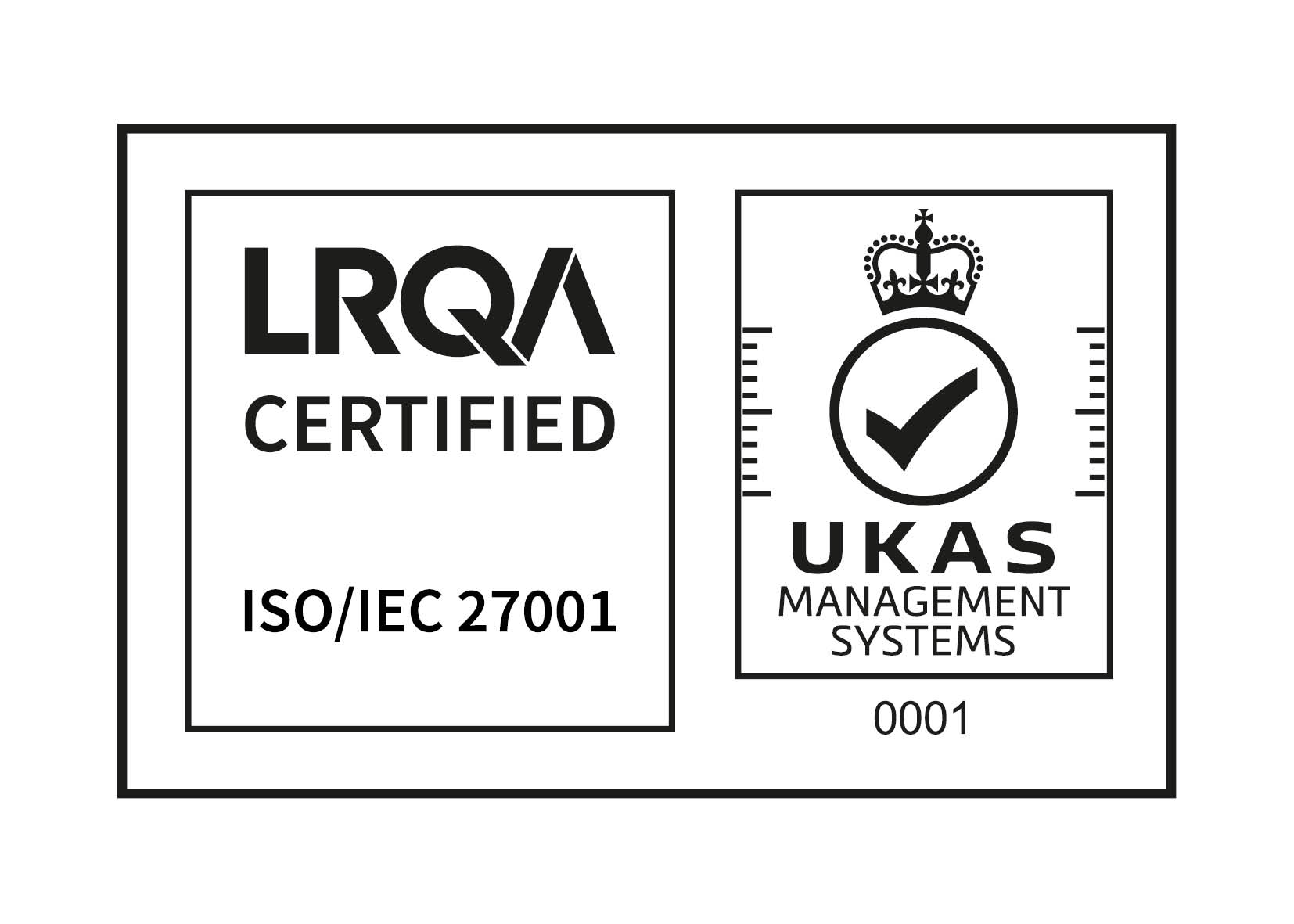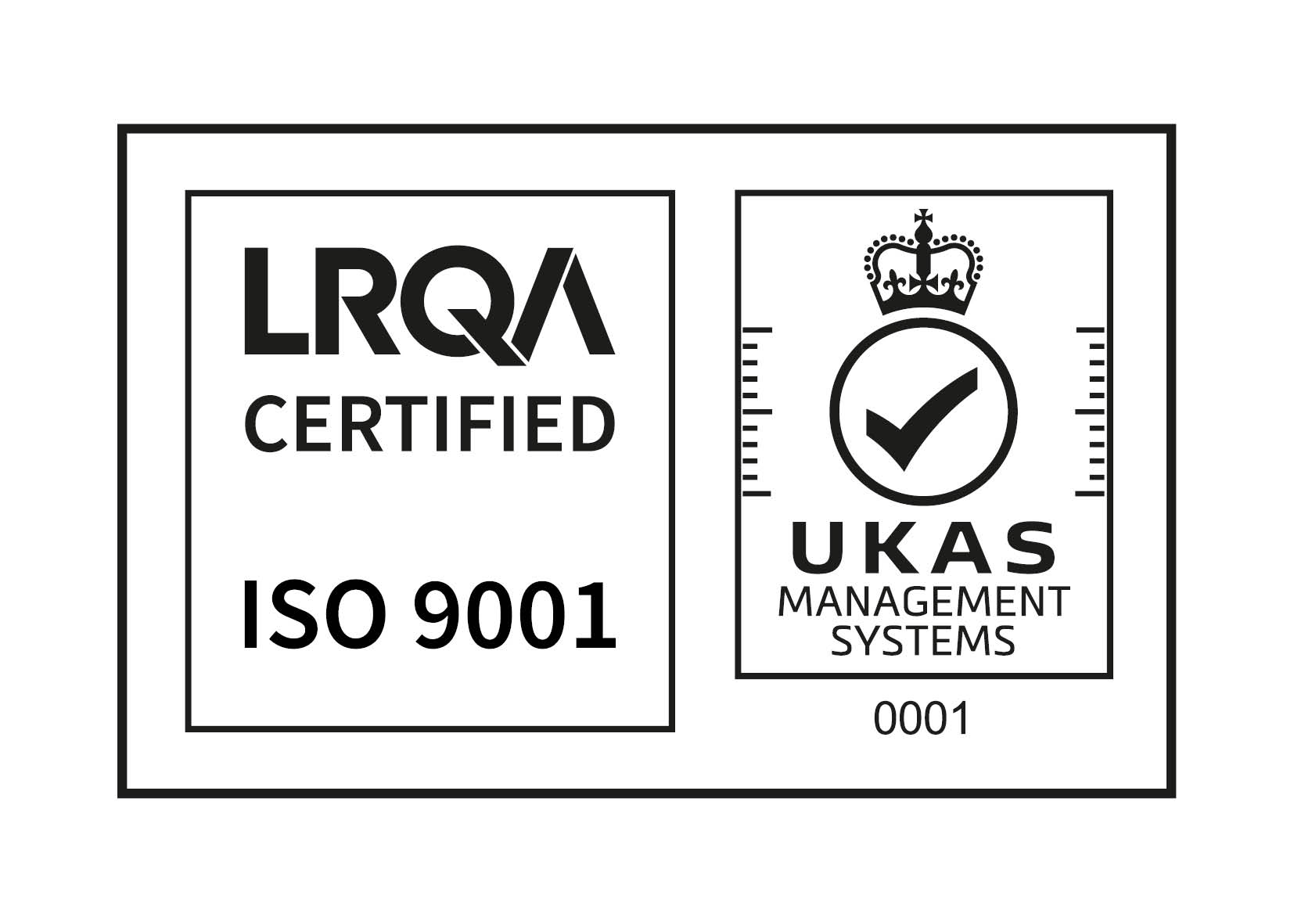Share this
How much are complaints costing your business?
by Workpro Case Management Software on June 4, 2020
Poor complaints handling adds cost to your business. How much exactly? It turns out quite a lot; one survey found that poor customer service costs UK businesses around £37 billion every year.
Obviously, all complaints handling (good or bad) incurs cost. You can however take steps to reduce these costs.
In assessing your own complaints handling, weigh up the following cost pillars:
- People costs. Time to resolve the complaint.
- Technology costs. Mitigating the iceberg effect.
- Redress costs. Putting things right.
1. People costs. Time to resolve the complaint
A complaint can cost anything from say £5, if closed at the front line in a single phone call, to thousands of pounds if it requires in depth investigation. One key to reducing costs is closing more cases at the frontline:
One Workpro customer reduced costs by 37%
- A frontline assessment stage was introduced to quickly identify high risk cases.
- Like a hospital triage system, this enables their handling of complaints to be proportionate to the issues raised.
- New performance targets were adopted and built into their Workpro system, with alerts and reminders to keep staff on track.
- Read the full case study.
Another customer uses an online 'triage' form to quickly capture complaints
- If the complaint can be closed at this stage (e.g. an apology is accepted) the outcome is quickly recorded, then stats are submitted to their Workpro complaints system to be included in management information.
- If escalation is required, time is saved by automatically transferring details to Workpro for formal handling by triage complaints handlers.
Of course, the customer's time is also important.
- Workpro has helped a government agency to reduce the case recording process from 15 minutes to 45 seconds.
Time to handle complaints is a key determinant of your customer satisfaction levels:
- The average customer expects companies to respond within 5 minutes by phone, 1 hour via social media platforms and between 1 to 24 hours by email according to a Harvard study.
- Other research found a customer was willing to pay an extra $20 for a plane ticket when the brand responded to their (tweeted) complaint in under 5 minutes.
2. Technology costs. Mitigating the iceberg effect.
It costs at least five times as much to gain a new customer as to keep an existing one, so keeping an unhappy customer is a top priority for all businesses. Investing in a responsive complaints-handling system can help you build loyalty and to mitigate against the well-known iceberg effect.
Organisations use a wide variety of systems and tools to record complaints, from spreadsheets to dedicated complaints management systems. Technology which helps you manage (not just record complaints) will improve the consistency and quality of your response. Our whitepaper covers this in more depth.
The iceberg effect: Unvoiced complaints and negative word of mouth
- Only 8% of customers complain on average, so your received complaints are just the tip of the iceberg.
- Many customers will simply walk away from you if they experience a bad complaint handling process.
- Complainants are highly likely to tell their friends and contacts about their experience.
- According to one estimate, the average dissatisfied customer tells/influences 24 people.
- This has a real impact on your bottom line. Lost customers lead to lost revenue.
Unless their story is about how well you put things right!
Make it as easy as possible for people to complain, and to learn from those complaints to improve your customer experience:
- Workpro can receive complaints from all communication channels (text, phone, email, letter, social media) giving you the widest scope to encourage and capture complaints.
-
You can monitor outcomes and analyse complaints data for trends and root causes – giving you invaluable insight to improve your products and services.
-
Alerts and reminders prompt users at relevant stages of the complaints handling process to ensure all complainants receive the same professional service.

3. Redress costs. Putting things right
If you operate in a regulated environment, regulators can impose hefty fines for poor complaint handling. Litigation costs can also arise – from a class action for example. The best way to mitigate against these costs is to have a fair and transparent complaints process.
Redress costs include compensation and re-performing the service for the customer. A good complaints handling system also helps you keep track of and report on these.
Maintain an audit of what action you took, when
- Prior to implementing Workpro, one customer was finding it difficult to keep track of what action had been taken on a case, by whom, and what needed to be done next - particularly when staff were absent.
- With everything stored against the case record in Workpro, they can now see the full history of a complaint, with all documents to hand, giving them complete oversight and control.
Use workflow targets and rules to ensure compliance
- Targets and validation rules (mandatory data fields or actions) built in to Workpro give you peace of mind that key compliance requirements are being met.
- An example is the Summary Resolution Communication all UK finance firms must issue for any complaints they consider to have been resolved within 3 days.
Customers who are well treated by the complaints handling process are less likely to churn than customers who have never complained!
Customer complaints are valuable. With Workpro, your team will not simply administer complaints. You will track performance, learn from feedback and refine processes.
Ready to try it? Book a free online demo today.
Share this
- February 2026 (1)
- December 2025 (2)
- November 2025 (1)
- October 2025 (2)
- September 2025 (1)
- August 2025 (3)
- July 2025 (2)
- May 2025 (2)
- April 2025 (3)
- February 2025 (3)
- December 2024 (1)
- November 2024 (1)
- October 2024 (1)
- June 2024 (1)
- May 2024 (2)
- April 2024 (2)
- March 2024 (1)
- February 2024 (1)
- January 2024 (1)
- December 2023 (1)
- November 2023 (2)
- October 2023 (1)
- August 2023 (2)
- July 2023 (2)
- June 2023 (2)
- May 2023 (1)
- April 2023 (3)
- February 2023 (3)
- December 2022 (2)
- October 2022 (1)
- September 2022 (3)
- August 2022 (2)
- July 2022 (2)
- June 2022 (1)
- March 2022 (2)
- February 2022 (1)
- January 2022 (1)
- December 2021 (1)
- October 2021 (1)
- June 2021 (2)
- May 2021 (1)
- February 2021 (2)
- October 2020 (1)
- September 2020 (1)
- August 2020 (1)
- July 2020 (1)
- June 2020 (3)
- April 2020 (1)
- October 2019 (2)
- September 2019 (2)
- May 2019 (1)
- March 2019 (1)
- November 2018 (1)
- July 2018 (1)
- November 2017 (1)
- September 2015 (1)








